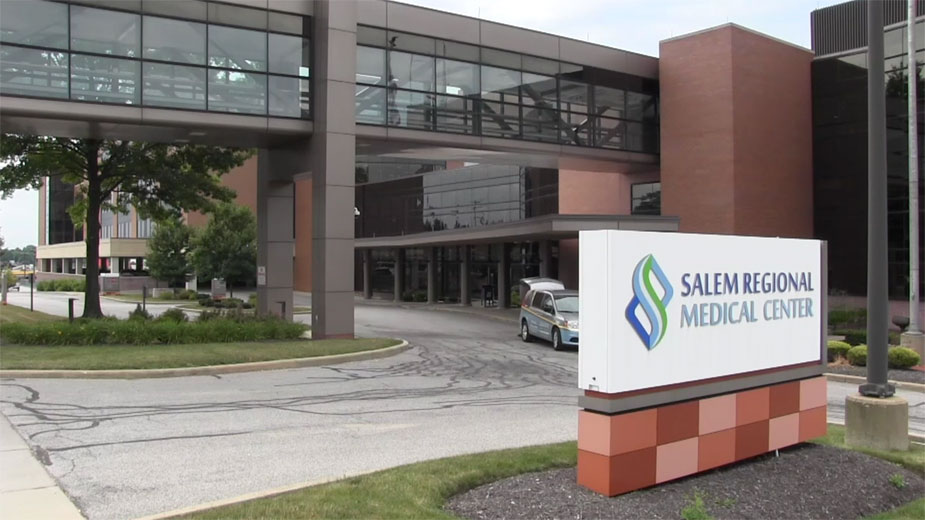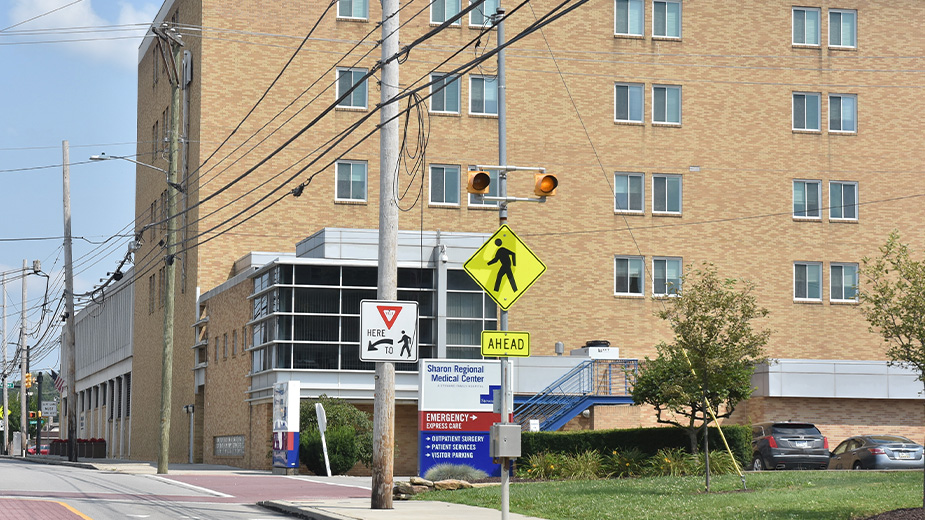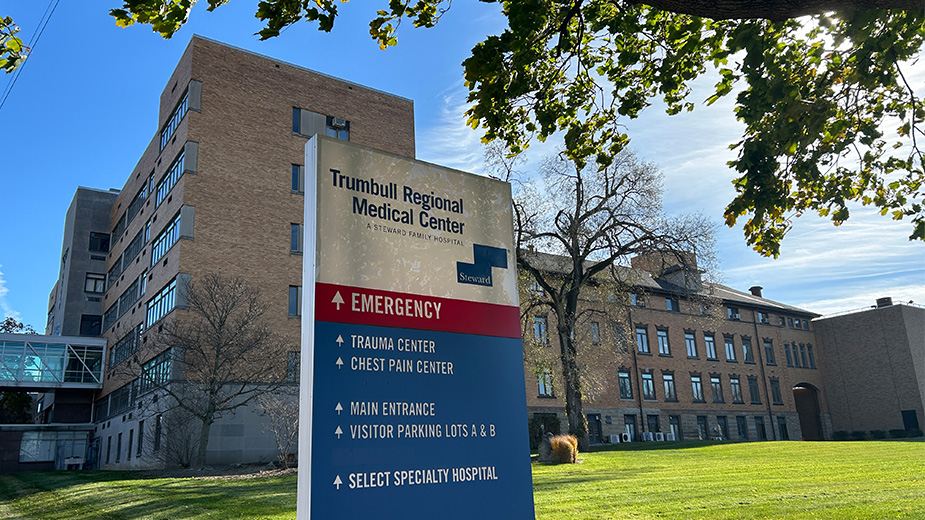Salem Regional Gains Access to Mercy’s Institutional Knowledge
YOUNGSTOWN, Ohio – Thanks to a new partnership with Mercy Health, Salem Regional Medical Center now has access to the best practices and institutional knowledge of the state’s largest health-care system.
“Health care is transforming at a rapid pace and hospitals must ensure that we are delivering the highest quality of care while reducing health-care costs and improving the health of our communities,” said Salem Regional President and CEO Dr. Anita Hackstedde via email. “We recognized the value in collaborating with other regional providers so that we can have an even broader impact on our communities’ health.”
The agreement for Salem Regional to join Mercy’s clinical integration network, announced Monday, covers everything from specific processes to hospital initiatives, said Mercy Health-Youngstown President and CEO Don Kline.
“This is an opportunity for Mercy to share our learning with Salem. … It’s as simple as the sharing of information,” he said, adding that it helps the hospitals address the Centers for Medicare and Medicaid Services’ “triple aim” of improving patient experience and population health, as well as reducing the cost of health care.
As part of the partnership, Salem Regional has access to Mercy Health’s systemic knowledge of best practices throughout the health-care field, from patient care to Medicare.
“The network will jointly negotiate and manage payer contracts, which means that each independent provider benefits from greater access to larger networks and value-based contracts,” Hackstedde added.
Among the benefits of such an agreement, Kline said, is that Salem Regional saves on resources.
“It’s the breadth and depth of resources that you have to put into it. For a community hospital such as Salem [Regional Medical Center], to have the infrastructure for an initiative like this, it can be very costly. You need a lot of resources, which we can now share,” he said. “The complexity of putting these things in place is well beyond what a standalone community hospital can do.”
Mercy Health launched its clinical integration network in 2012 and has since expanded it to include more 2,700 health-care providers, 114 skilled nursing centers, 36 home health agencies and 24 hospitals across Ohio and Kentucky. Between 2014 and 2016, Kline said, the network “has saved over $36 million through our initiatives and best practices.”
Salem Regional Medical Center will remain an independent hospital, both Kline and Hackstedde noted, and there is no cost to the agreement.
While Salem Regional’s membership in Mercy’s clinical integration network may not be readily noticeable by patients, the two leaders agree that the move ultimately benefits those seeking care.
“[Salem Regional] will work together with [the Mercy Health] network providers to share quality data as well as best practices to improve and coordinate the management of patient care,” Hackstedde said. “[Salem Regional Medical Center] has been working diligently over the years to enhance our performance and our team has done an excellent job in meeting quality and patient experience measures.
Added Kline: “From the cost savings comes a better coordination of care. … All of these things we work on to reduce admissions and improve hospital conditions all lead to better outcomes. It’s hard to say how tangible that may be to an individual, but the whole goal is centered on better outcomes for patients.”
Copyright 2024 The Business Journal, Youngstown, Ohio.



